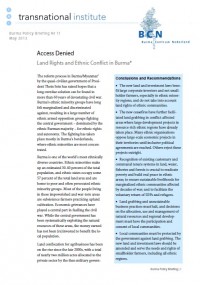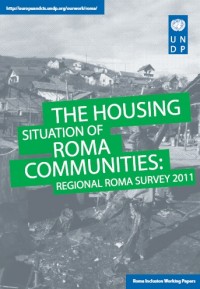Burma is one of the world’s most ethnically diverse countries. Ethnic minorities make up an estimated 30-40 percent of the total population, and ethnic states occupy some 57 percent of the total land area and are home to poor and often persecuted ethnic minority groups. Most of the people living in these impoverished and war-torn areas are subsistence farmers practicing upland cultivation. Economic grievances have played a central part in fuelling the civil war. While the central government has been systematically exploiting the natural resources of these areas, the money earned has not been (re)invested to benefit the local population.
Latest news
- France begins eviction of 650 migrants from Calais camps
- Anti-eviction group creates crowdsourcing map for stories of displacement
- More foreclosures, more middle-aged suicides, study finds
- When it comes to hosting the Olympics, more cities are saying, ‘Hold that thought.’
- European leaders urged to end plight of 600,000 stateless people
Latest from the collection
- Raquel Rolnik’s mandate ends. Leilani Farha is the new rapporteur. – Newsletter #47
- Roots and Branches
- New Materials on Security of Tenure in Several Languages – Newsletter #46
- Guide: Guiding principles on security of tenure for the urban poor
- Address acute housing crisis – Special rapporteur on adequate housing
Learn more


